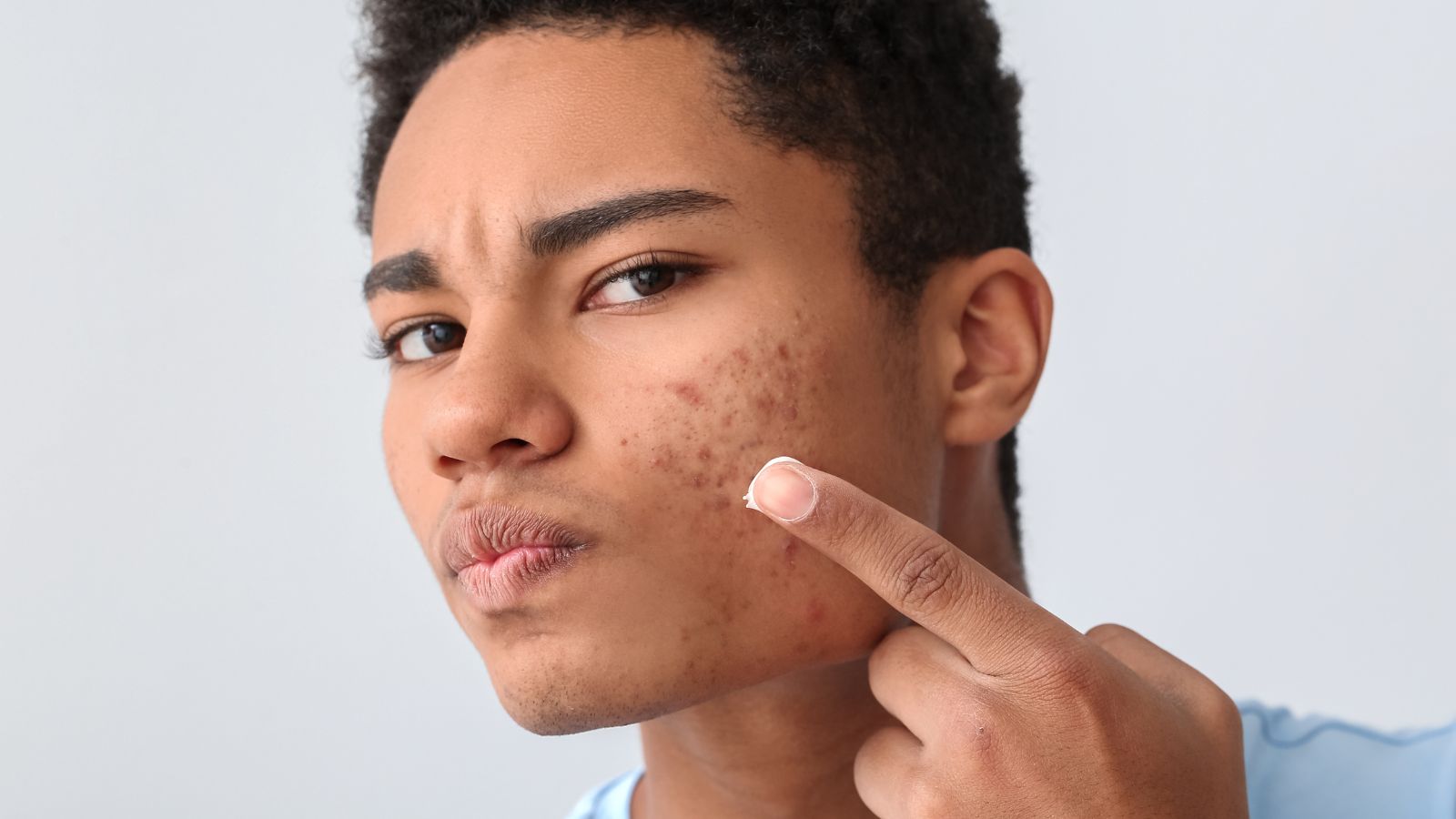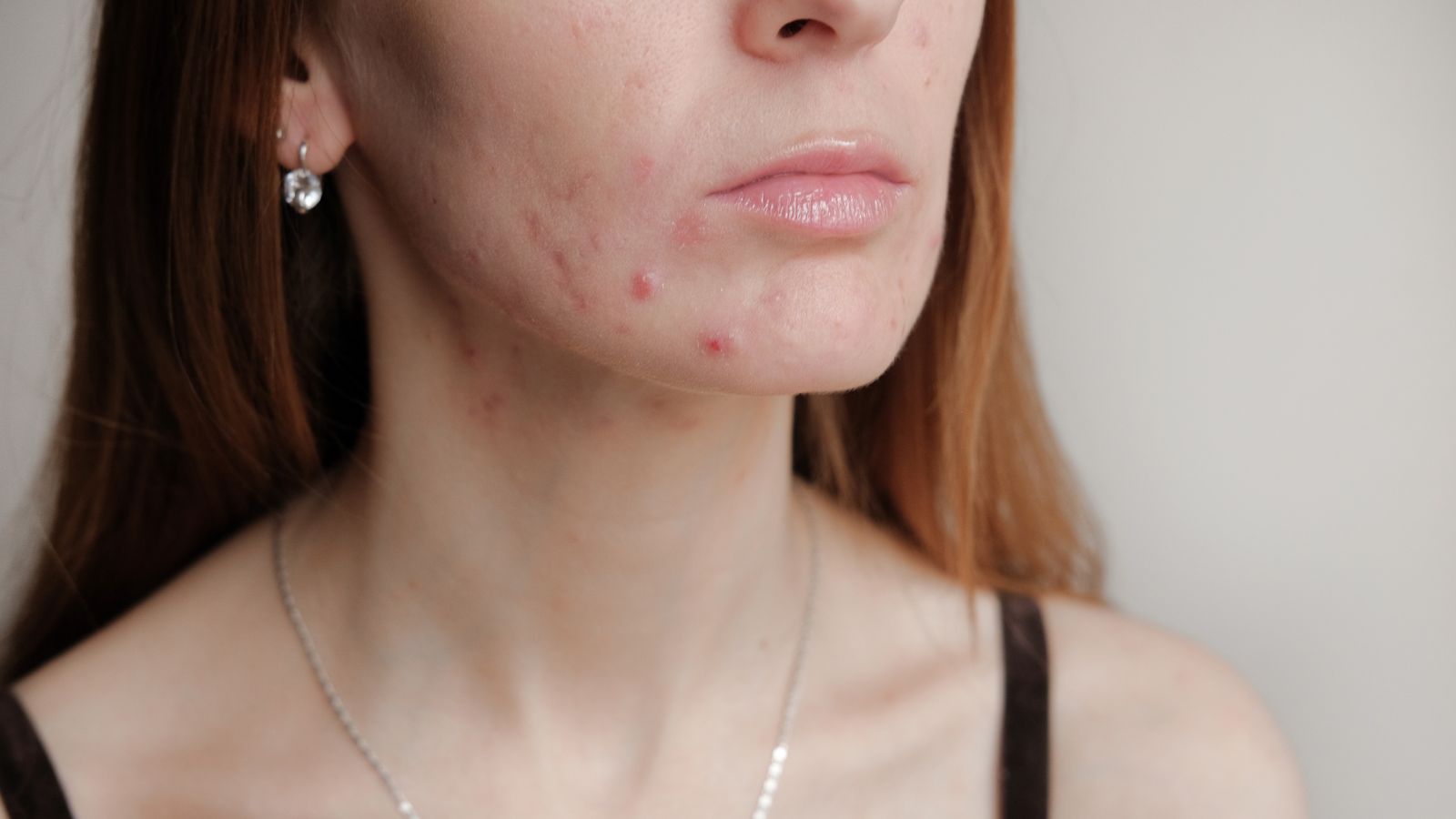Ever wondered why you’re still battling breakouts despite sticking to a seemingly perfect skincare routine? You’re not alone. It’s a question that plagues many, leading to frustration and confusion.
This article aims to shed light on the lesser-known factors that might be sabotaging your skincare efforts. It’s not always about the products you use, sometimes it’s about what’s happening inside your body or in your environment.
 Why am i Still Breaking Out With a Good Skincare Routine
Why am i Still Breaking Out With a Good Skincare Routine
Understanding acne and its subsequent breakouts involves evaluating aspects that go beyond facial cleansing or the application of topical treatments. It requires delving into both physical and psychological factors that contribute to this condition.
The Physical Causes Behind Acne Breakouts
Skin health, truly, is not skin-deep. It incorporates a delicate balance of internal and external factors. Shedding light on physical causes, hormones play a significant role in acne development. Increased secretion of androgens, particularly during puberty, can lead to excess sebum production, causing acne breakouts. Other physical factors entail improper diet, lack of sleep, and even certain medicines. Showing the connection, a study by the Journal of the Academy of Nutrition and Dietetics noted that high-glycemic-index foods and dairy can exacerbate acne conditions. Furthermore, Stanford University research indicated that stress-induced insomnia could escalate skin inflammation, leading to acne.
Psychological Factors Contributing to Breakouts
Shifting the spotlight to psychological aspects, prolonged stress and anxiety significantly trigger skin issues. When the body senses stress, it produces excess cortisol, a hormone known to stimulate oil glands, resulting in breakouts. A survey conducted by the American academy of dermatology validates this, stating anxiety as a leading factor behind acne among adults. Moreover, skincare routines can often take a hit under strenuous circumstances, thus negatively impacting skin health. These elements underline the interconnectedness of the mind and the body, demonstrating how imbalances in mental wellness can reflect on the skin.
 Analyzing Your Skincare Routine
Analyzing Your Skincare Routine
Breaking down the aspects of skincare routine gives clarity in understanding the relationship between persistence of breakouts and underlying issues. Here’s a detailed analysis of key components of such routines:
Your Cleansing Process and Products
Not every product suits every skin type. That’s a fact, making the choice of cleansing products pivotal in skincare. For instance, consider if you’re using a harsh cleanser. These contain ingredients like sulfates, which strip the skin of natural oils, leading to increased oil production and thereby breakouts. Switching to gentle, sulfate-free cleansers can improve skin health if that’s the case.
Exfoliation – Are You Overdoing It?
Exfoliation, as beneficial as it may be, turns detrimental when done too often. It can lead to irritation, redness, and breakouts, especially when you’re using strong physical exfoliants. Dermatologists suggest gentle chemical exfoliants, such as alpha-hydroxy acids or beta-hydroxy acids for manageable exfoliation.
 Facing the Truth: “Good” Might Not Be Good Enough
Facing the Truth: “Good” Might Not Be Good Enough
Skincare, although often viewed as universally applicable, invariably intersects with personal deviation. Herein lies the paradox: a routine branded as “good” does not guarantee it fits the unique needs of the individual’s skin.
What Works for One Skin Type Might Not Work for Another
In the realm of skincare, uniformity is non-existent. Succeeding with a specific product, say an oil-free moisturizer, can lead Jane to enjoy clear, rejuvenated skin. However, the same product applied by John could ignite an eruption of acne. The difference? Skin type. It’s a pivotal factor, often overlooked, in the pursuit of clear skin. Just as diets and exercise regimes require customization, so too does skincare. Ingredients resonate differently with varied skin types, causing some to heal and others to harm.
The Importance of Consulting a Dermatologist
Beyond the surface, consequences loom. Understanding one’s skin is no simple task. From hormonal fluctuations to genetic inheritance, various concealed factors fuel acne’s persistence. This complexity elevates the role of dermatologists. Unaided attempts at skin salvation often bear fruitless results, if not worsen the condition. Dermatologists, equipped with robust knowledge and diagnostic tools, offer bespoke skincare strategy that mirrors one’s exact skin needs. So, disentangling the crux of persistent breakouts requires a deeper glance aided by a medical expert’s guidance.